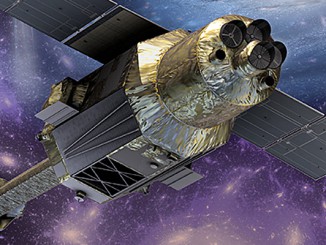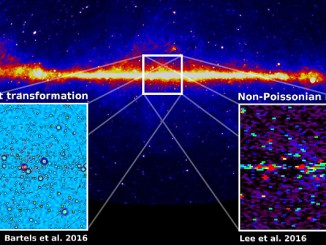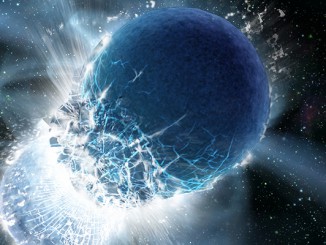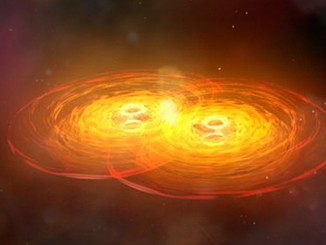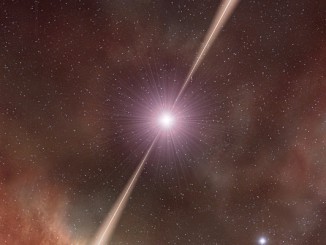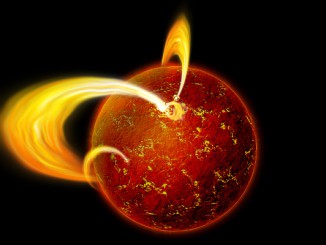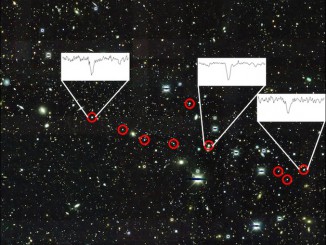
Ancient dwarf galaxy preserves record of catastrophic event
The lightest few chemical elements formed minutes after the Big Bang. Most heavier elements in the periodic table are created by stars, either from internal nuclear fusion or in catastrophic explosions. New observations of a dwarf galaxy discovered last year show that the heaviest elements, such as gold and lead, are likely left over from rare collisions between two neutron stars.

